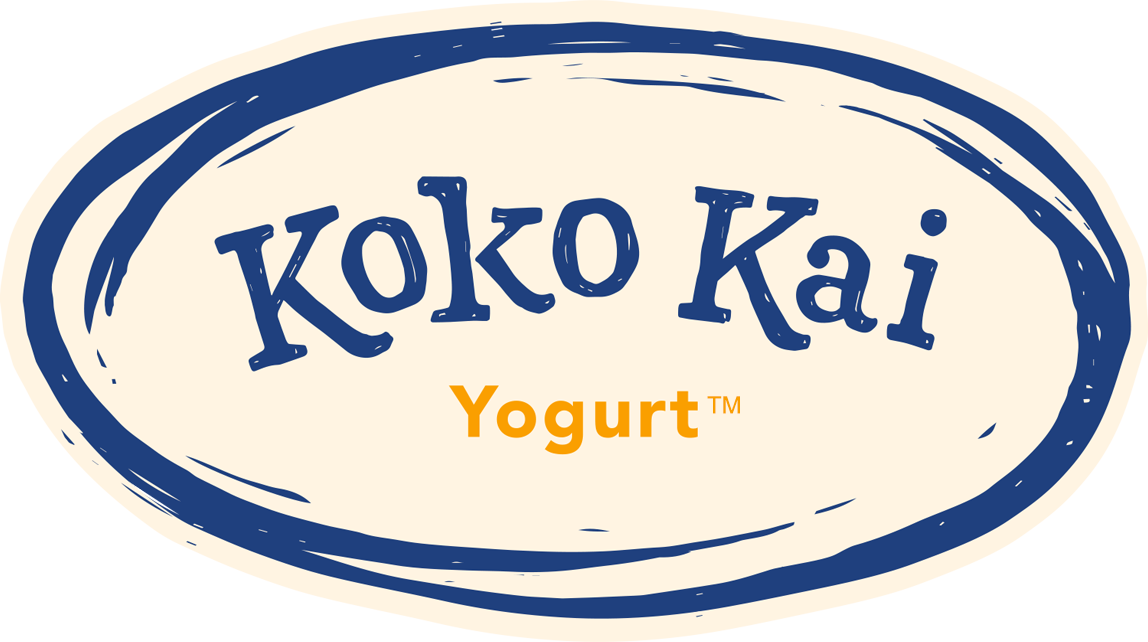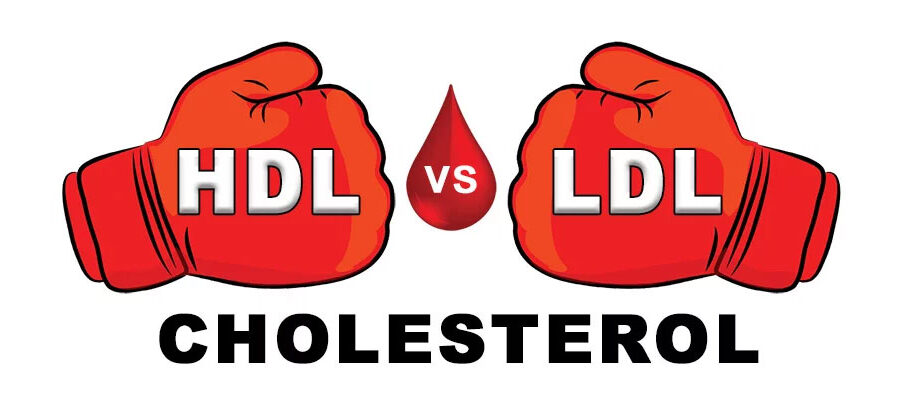BLOG POST by Dr. Eloise Bradham
Hello!
In today’s installment of the benefits of coconut consumption and benefits of fermented food, I said I would discuss how coconut decreases waist circumference. Waist circumference is often used as a marker for cardiac disease risk. Visceral fat, also known as intra-abdominal fat, is fat around the organs in the belly as opposed to fat situated more on the outside on top of the abdominal muscles. Intra-abdominal fat is a long-recognized cardiac disease risk. The intra-abdominal fat often gives the “apple” shaped belly more associated with cardiac disease.
Fat accumulation in the abdomen is associated with increased cardiovascular disease, insulin resistance (aka a “pre-diabetic” state) and increased blood lipid levels.
Coconuts are naturally rich in Medium-Chain fatty acids (MCFA’s), also known as MCT’s — medium chain triglycerides. Coconut’s fat content is 70-85% MCFA. Medium-chain fatty acids are rapidly oxidized to energy and do not enter the cholesterol cycle at all, nor are they deposited in the fat. Long-chain fatty acids, like in soybean oil, olive oil, fish, nuts, dairy, and meat reach the liver and are either synthesized to cholesterol or triglycerides, those fats that travel in the bloodstream.
In several studies I can cite below, waist circumference was reduced in volunteers who consumed coconut oil. In one study, 20 obese Malaysian volunteers consumed coconut oil for just 4 weeks and the male subject had a 2.86 centimeter decrease in their abdominal circumference. That is more than 1 inch decrease in only 4 weeks! The women also had a large decrease in waist circumference and actually more weight loss, but this only occurred in the women who were overweight, not obese, to start with. Therefore, their waist circumference loss never reached the statistical significance of the men’s, who started out more obese. The second study involved 116 Italian volunteers with pre-existing heart disease, and they discovered decreased waist circumference, increased HDL (good cholesterol) readings, and decreased insulin resistance (1,2)
Feel free to look at those references for more information. Long story short, consuming coconut means that the fats in it are used as energy, (MCFA’s or MCT’s) and not synthesized as cholesterol, nor are they deposited in the body fat.
Next week I will discuss coconut’s positive effects on cognition.
Eloise Bradham, MD
- (1) Cardoso, DA et al. A Coconut extra-virgin oil-rich diet increases HDL cholesterol and decreases waist circumference and body mass in coronary artery disease patients. Nutr Hosp 2015;32(5):2144-52
- (2) Liau, KM et al. An open-label study to Assess the Efficacy and Safety of Virgin Coconut oil in reducing Visceral Adiposity. ISRN Pharmacology, 2011, March 15


